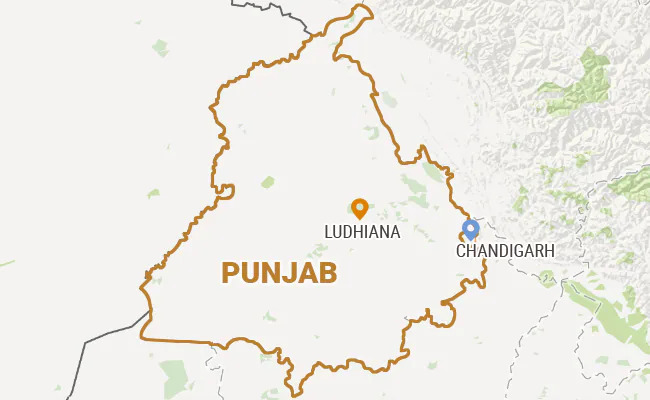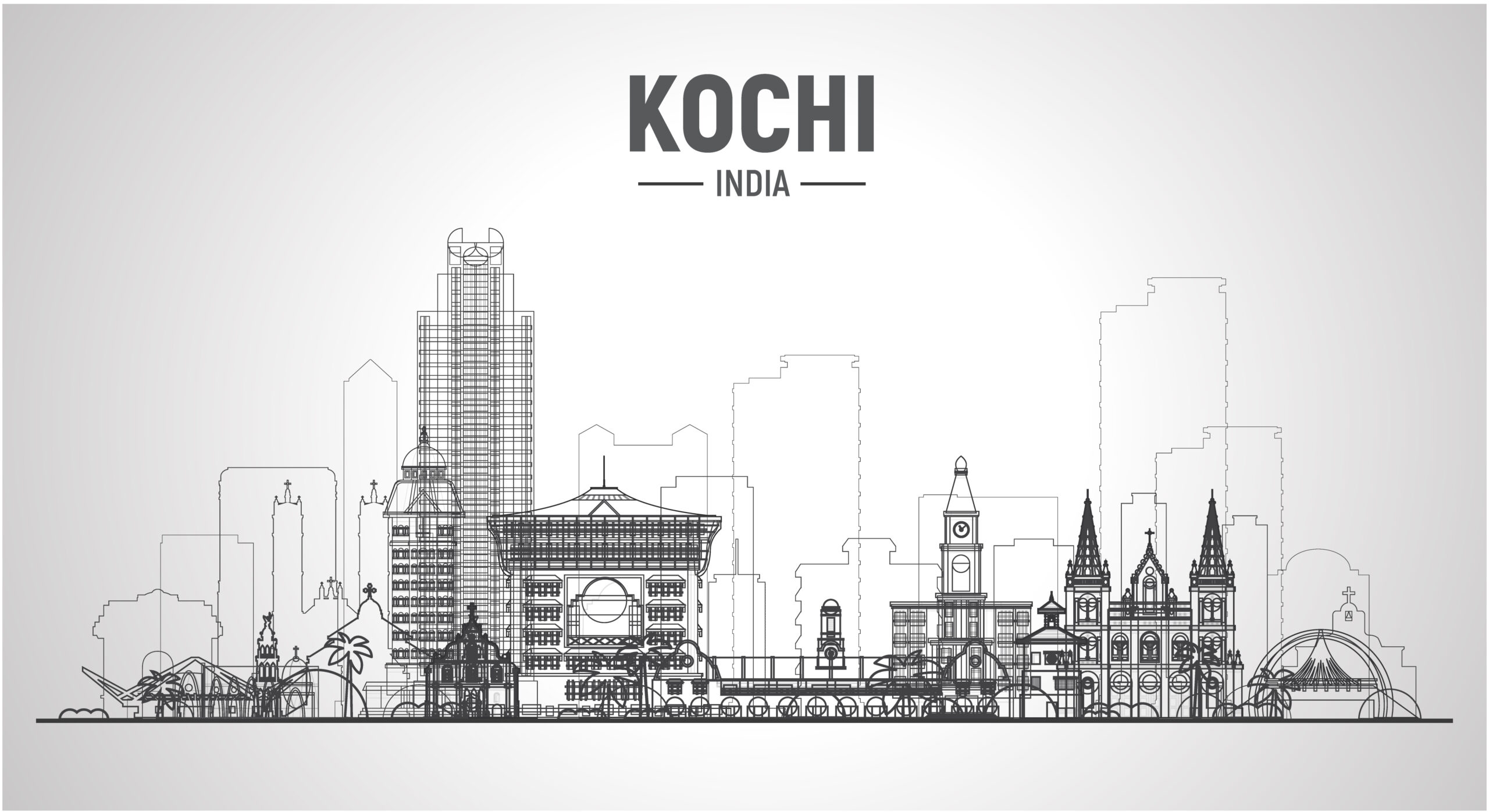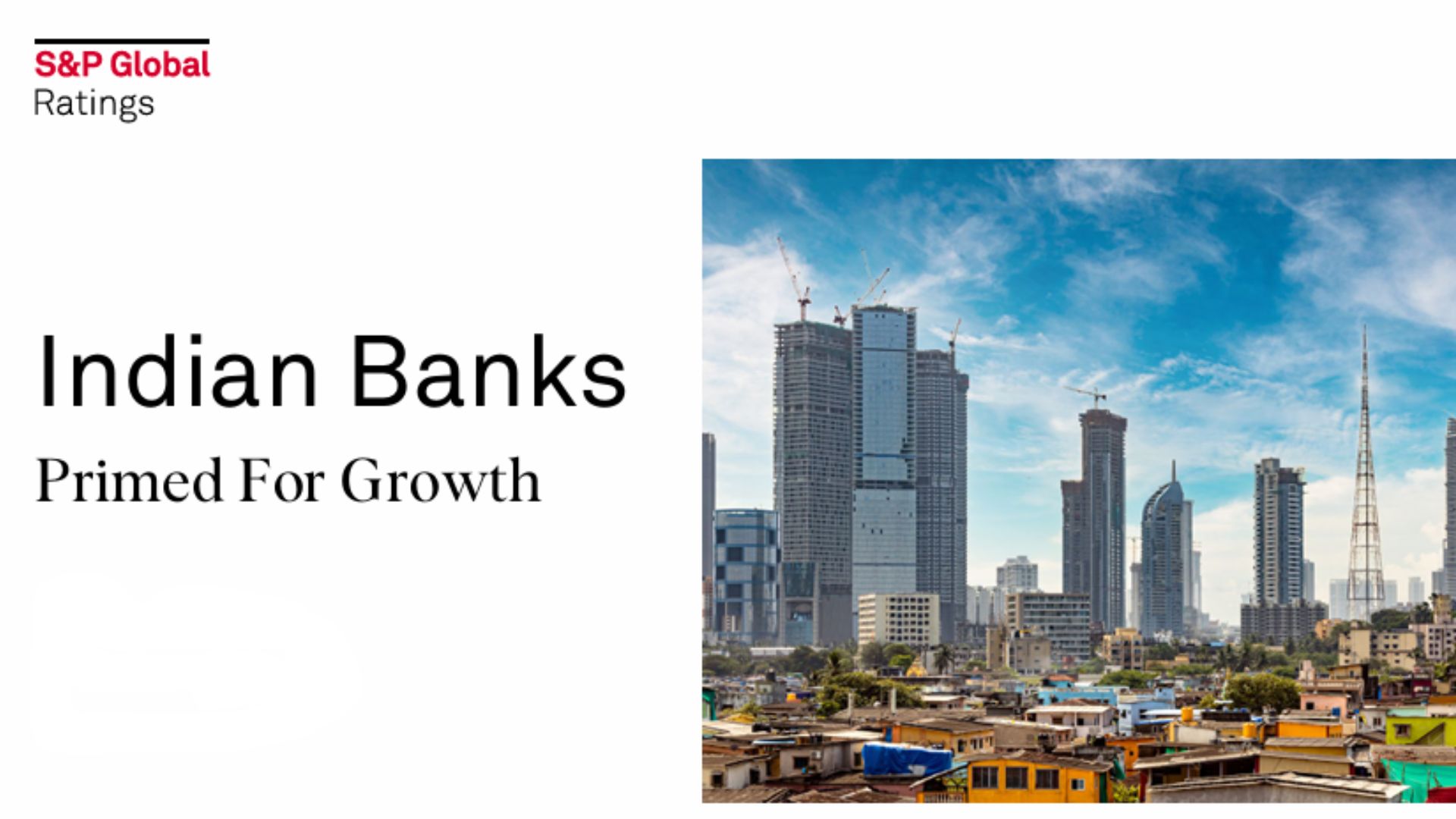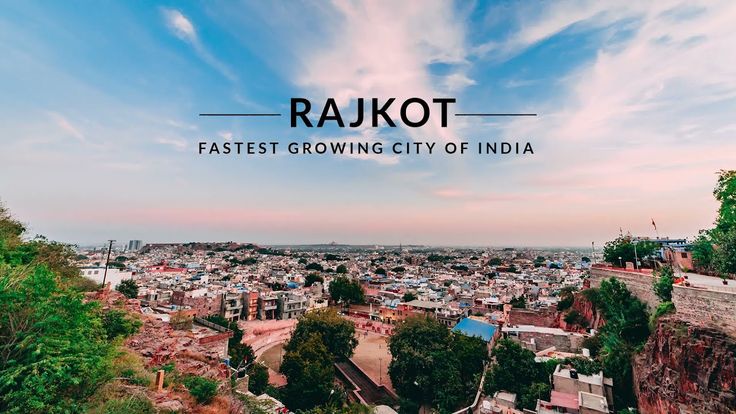Ludhiana: Punjab’s Industrial Powerhouse Driving India’s Next SME Revolution

Ludhiana, long celebrated as the “Manchester of India,” has grown far beyond its historic textile and bicycle roots to become one of the country’s most diverse and resilient SME and MSME ecosystems. Home to over 1.5 lakh registered MSMEs, Ludhiana drives export competitiveness, employment generation and regional innovation making it a benchmark for other Tier-2 and Tier-3 cities seeking industrial transformation.
A City with Industrial Legacy
Unlike cities that built their industries around one dominant sector, Ludhiana nurtured a multi-cluster economy. Hosiery, engineering goods, bicycle manufacturing, auto components and hand tools evolved simultaneously, creating a naturally diversified risk profile. This deep manufacturing tradition, combined with entrepreneurial energy, positions Ludhiana as both Punjab’s industrial capital and a critical cog in India’s global supply chains.
Over the last decade, Ludhiana has consistently featured among India’s top cities for Ease of Doing Business. Regulatory reforms such as Punjab’s single-window clearance portal “FastTrack Punjab” and new industrial park policies have shortened project approval timelines to under 45 days, enabling SMEs to scale operations faster while attracting domestic and international investors.
Sectoral Landscape:
1. Apparel and Knitwear – Ludhiana’s Global Calling Card
Ludhiana produces over 90% of India’s woollen knitwear. Its sweater, T-shirt and winterwear industries supply brands in the US, Europe, and the Middle East. Export-oriented units have adopted digital design tools, smart knitting technologies and AI-driven inventory systems to meet global fast-fashion demands.
- Anchor Associations: The Ludhiana Knitwear Club and Apparel Exporters Association drive global trade missions and compliance training.
- Recent Developments: Export diversification into South America and Africa is reducing reliance on European markets, supported by Punjab’s export subsidy schemes and technical textile parks.
2. Bicycles, E-Bikes and Auto Components – Pedalling into the Future
Ludhiana produces 50% of India’s bicycles and 60% of tractor and automotive components. Local manufacturers supply OEMs such as Hero, Mahindra, Maruti Suzuki and even luxury brands like Mercedes-Benz and BMW.
- New Directions: The industry is shifting toward electric bicycles (e-bikes) and light EV components, targeting a $1.3 billion market by 2030.
- Policy Ask: Industry players seek inclusion in PLI schemes and PM e-Drive initiatives to boost export competitiveness.
3. Hand Tools, Fasteners, and Sheet Metal – Precision Manufacturing at Scale
Ludhiana hosts hundreds of small and mid-sized units producing hand tools, nuts, bolts, sheet metal parts and industrial fasteners worth ₹400+ crore annually. These businesses form a critical part of India’s engineering export base.
- Challenges: Rising raw material prices and need for advanced heat-treatment technology.
- Government Push: Union Commerce Minister Piyush Goyal has assured R&D centres and modern tool rooms to upgrade MSME capabilities.
4. Printing, Packaging and Niche Industries
Clusters such as the Gobind Nagar Printing hub generate ₹1,000 crore in annual output, serving domestic stationery and calendar markets.
Other specialized industries, like oil expeller machinery, produce gears, screws and equipment worth ₹150 crore annually, exporting to Africa and Southeast Asia.
5. Emerging Pharma and Chemical Units
While Ludhiana is not traditionally a pharma giant like Baddi or Hyderabad, niche OTC and veterinary drug SMEs are emerging with support from the Punjab government’s focus on clean industries and export certifications.
Infrastructure & Logistics
- Halwara International Airport: Once fully operational, this airport just 32 km from Ludhiana, will handle passenger and cargo services, reducing export turnaround times.
- Ludhiana Elevated Corridor: A 13-km, ₹1,000 crore project completed in 2024, easing city traffic and facilitating faster freight movement to NH-44 and the Delhi–Mumbai Industrial Corridor (DMIC).
- Western Freight Corridors: The Ludhiana–Bathinda-Ajmer Expressway will open western trade routes to Kandla and Mundra ports.
- Industrial Park Policy: New estates and clusters with subsidized land rates are being planned, with ₹55 crore earmarked for Ludhiana’s industrial infrastructure.
Innovation, Skills and Talent Development
Ludhiana is investing heavily in skill creation and innovation ecosystems:
- Shaheed Udham Singh Skills University (₹500 crore): Offers incubation labs and digital courses to create an industry-ready workforce.
- Indian Institute of Skills (Proposed): To complement Punjab’s ITIs and polytechnics, aligning vocational skills directly with Ludhiana’s industrial needs.
- Cluster Upgrades: Industry associations are working with state agencies to create common facility centres for CNC machining, 3D printing and prototyping.
Green Steel and Sustainable Manufacturing
Vardhman Special Steels Ltd (VSSL), in collaboration with Japan’s Aichi Steel, is setting up a ₹2,500 crore alloy steel plant using Electric Arc Furnace and renewable energy sources. This move will lower carbon footprints and integrate Ludhiana’s MSMEs into green supply chains, a growing requirement for global exports.
Challenges: Land, Compliance and Modernization
- Land Scarcity: Older industrial belts like Gill Road are overcrowded, with SMEs demanding relocation to planned estates with affordable plots and infrastructure.
- Environmental Regulations: New mandates such as flow meters for dairy units show the tension between compliance and operational costs.
- Technology Gaps: Many SMEs still rely on legacy equipment, slowing productivity gains.
The Road Ahead
Ludhiana is no longer just a textile or bicycle hub it is a multi-sector export engine. Its industrial resilience, diversified clusters, logistics upgrades and proactive policy ecosystem make it a template for India’s broader Tier-2 and Tier-3 industrialization strategy.
With continued investment in green technologies, skill development and supply chain modernization, Ludhiana’s SMEs are poised to play a decisive role in India’s $1-trillion manufacturing export ambition by 2030.











